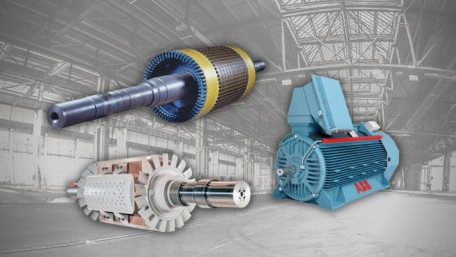
In this article, we will take a look at the differences between synchronous and induction motors, as well as the two types of induction motors: squirrel cage and…
In this article, we will take a look at the differences between synchronous and induction motors, as well as the two types of induction motors: squirrel cage and wound rotor.
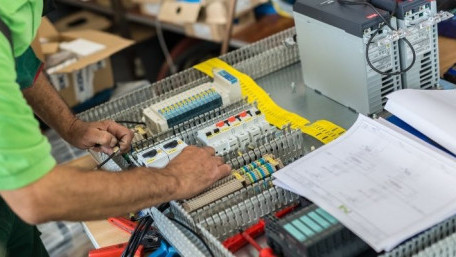
Power supplies tend to get a reputation as one of the most important power considerations of a DC control circuit - but…
Power supplies tend to get a reputation as one of the most important power considerations of a DC control circuit - but we can’t ignore other key players: power filters, converters, and backup power modules.
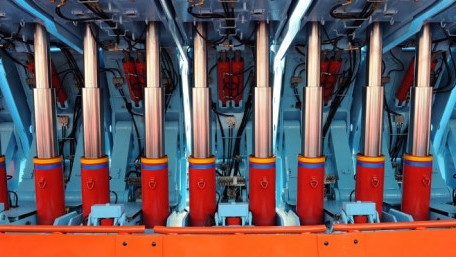
What if you could control the end position and the speed of a hydraulic actuator accurately with just a simple signal?…
What if you could control the end position and the speed of a hydraulic actuator accurately with just a simple signal? Some systems use simple open/close valves, but others require far more precision.

In honor of May the 4th, Star Wars Day, we compare the sources and applications of the two most common force-delivery…
In honor of May the 4th, Star Wars Day, we compare the sources and applications of the two most common force-delivery systems - mechanical and hydraulic.
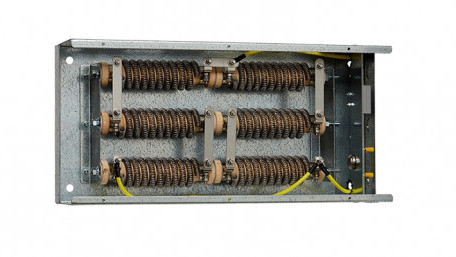
Large DC and AC motor drives often provide terminals for installing a braking resistor. What are these resistors, and how…
Large DC and AC motor drives often provide terminals for installing a braking resistor. What are these resistors, and how do they slow down a machine? What hazards and cautions must be considered?
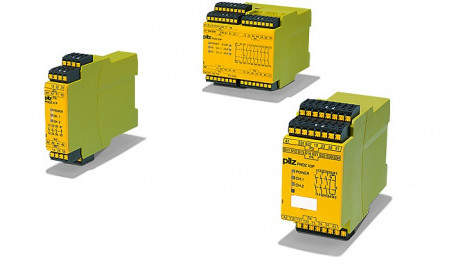
Redundancy and safety are often seen together in industrial safety systems. Safety relays monitor emergency devices to…
Redundancy and safety are often seen together in industrial safety systems. Safety relays monitor emergency devices to switch contacts based on status - but what makes them different from normal relays?
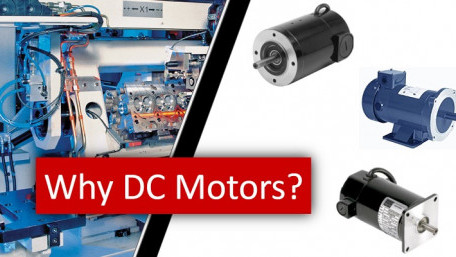
AC motors are common throughout industry - easily controlled by VFDs and without the maintenance that comes with DC…
AC motors are common throughout industry - easily controlled by VFDs and without the maintenance that comes with DC brushes. So then, why are DC motors still used in certain applications?
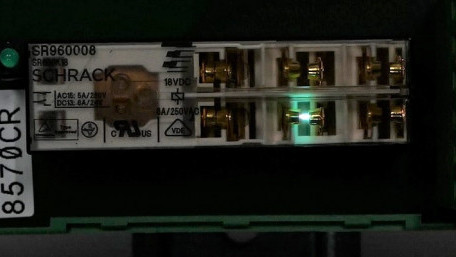
Inductive loads, such as solenoids and contactors, can cause arcs and failures back into electromechanical switching…
Inductive loads, such as solenoids and contactors, can cause arcs and failures back into electromechanical switching devices, causing costly downtime. The solution is cheaper than you think.
Any industrial electrician can instantly recognize a relay, but when it comes to wiring, why are the terminals numbered…
Any industrial electrician can instantly recognize a relay, but when it comes to wiring, why are the terminals numbered in such apparently random order?
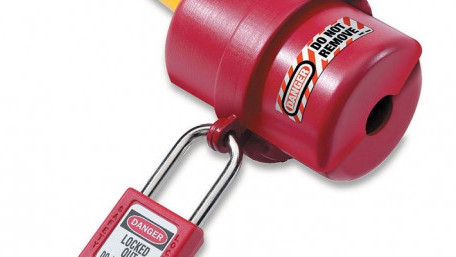
One of the most visible elements of industrial safety is the use of lock-out-tag-out (LOTO) devices, familiar to those…
One of the most visible elements of industrial safety is the use of lock-out-tag-out (LOTO) devices, familiar to those with experience. But, if you are new to the workforce, a brief introduction may be helpful.
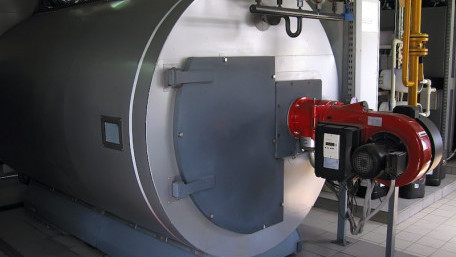
Safety is of utmost importance in the day-to-day operations of any system, especially a system where humans and machines…
Safety is of utmost importance in the day-to-day operations of any system, especially a system where humans and machines work together. Learn all about Safety Instrumented Systems and what it takes to keep workers safe, and the system running smoothly!

Due to the robust nature of process industries, there is a vast amount of data to read. Remote access can help parse data…
Due to the robust nature of process industries, there is a vast amount of data to read. Remote access can help parse data and has many additional benefits in these industries.
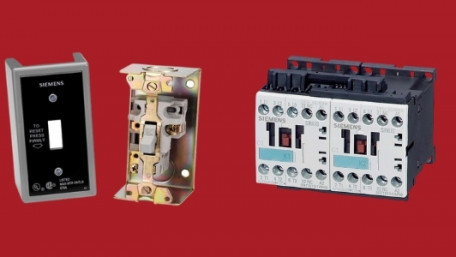
Motors drive all sorts of processes in a facility. Depending on the application, which motor starter is best suited for…
Motors drive all sorts of processes in a facility. Depending on the application, which motor starter is best suited for your needs?
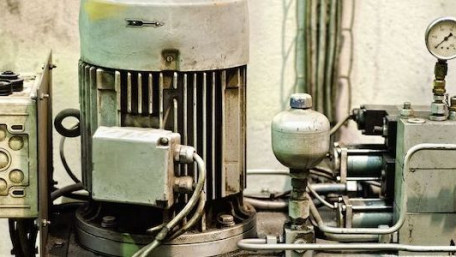
Trip classes protect motors from overcurrent, but when will an overload relay trip, why, and what trip class should you use?
Trip classes protect motors from overcurrent, but when will an overload relay trip, why, and what trip class should you use?
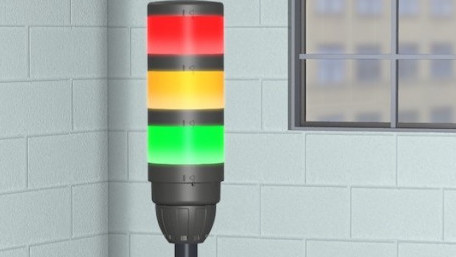
Each machine on the factory floor comes with risk; learn common safety risks and corresponding automation solutions.
Each machine on the factory floor comes with risk; learn common safety risks and corresponding automation solutions.

Learn about the different types of industrial remote monitoring and some of the various remote monitoring processes used…
Learn about the different types of industrial remote monitoring and some of the various remote monitoring processes used in industry.
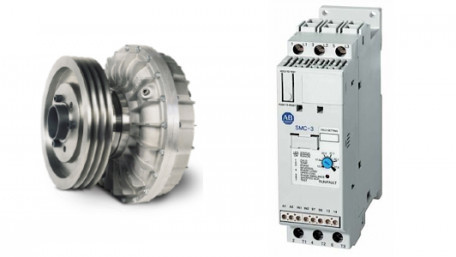
Learn about the different types of electrical and mechanical soft-start methods as well as devices to use for each method.
Learn about the different types of electrical and mechanical soft-start methods as well as devices to use for each method.
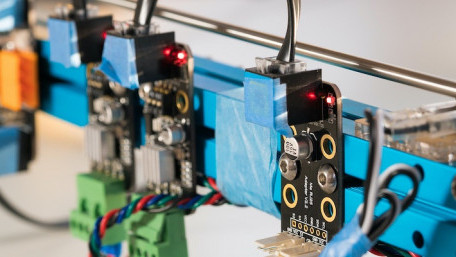
Of all types of three-phase motors, the twelve-wire motor provides the most options for connecting based on voltage and…
Of all types of three-phase motors, the twelve-wire motor provides the most options for connecting based on voltage and system configuration (wye or delta). Learn the details and wiring options of these versatile motors.
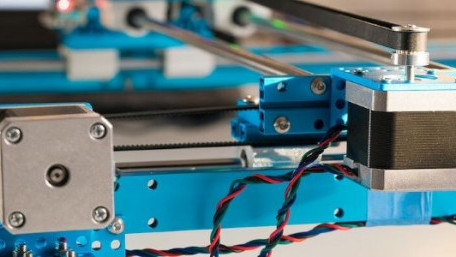
Three-phase motors with three or six wires have limited options for wiring, but are easier to use and have important…
Three-phase motors with three or six wires have limited options for wiring, but are easier to use and have important roles to play. Learn the difference between three- and six-wire three-phase motors for low and high voltage applications.
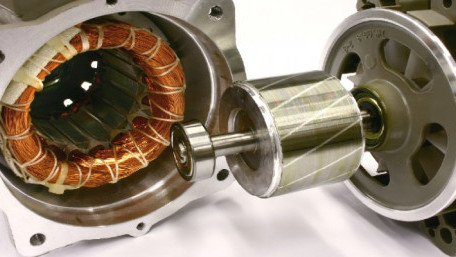
In this article, learn the differences between single- and three-phase motors, including how each one works and…
In this article, learn the differences between single- and three-phase motors, including how each one works and applications best suited for each type.
